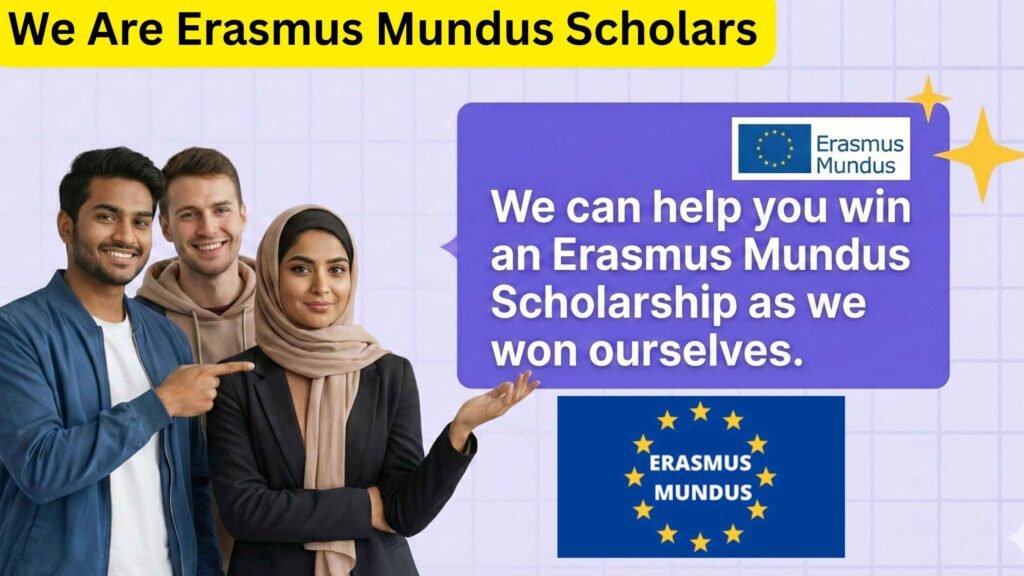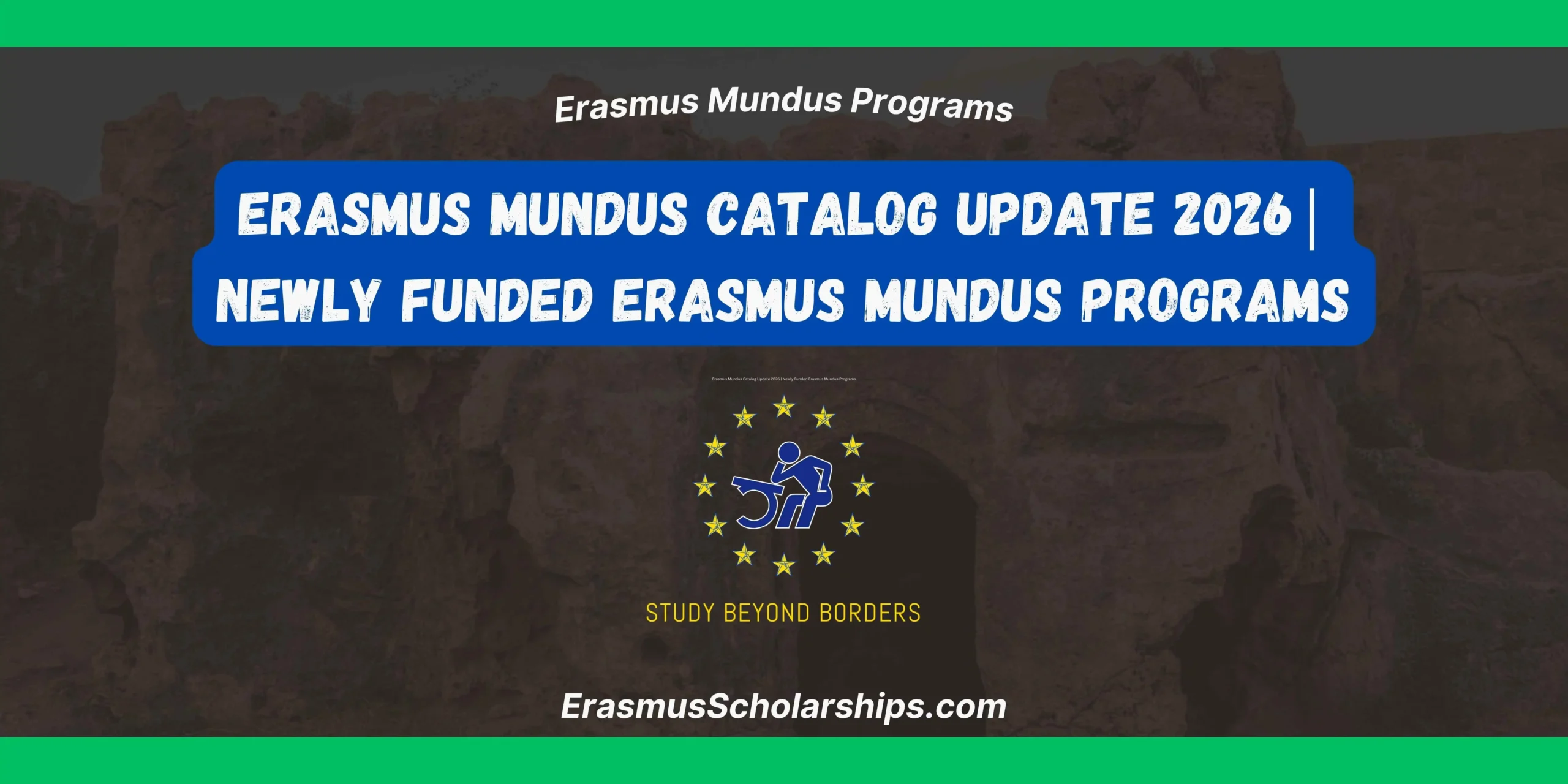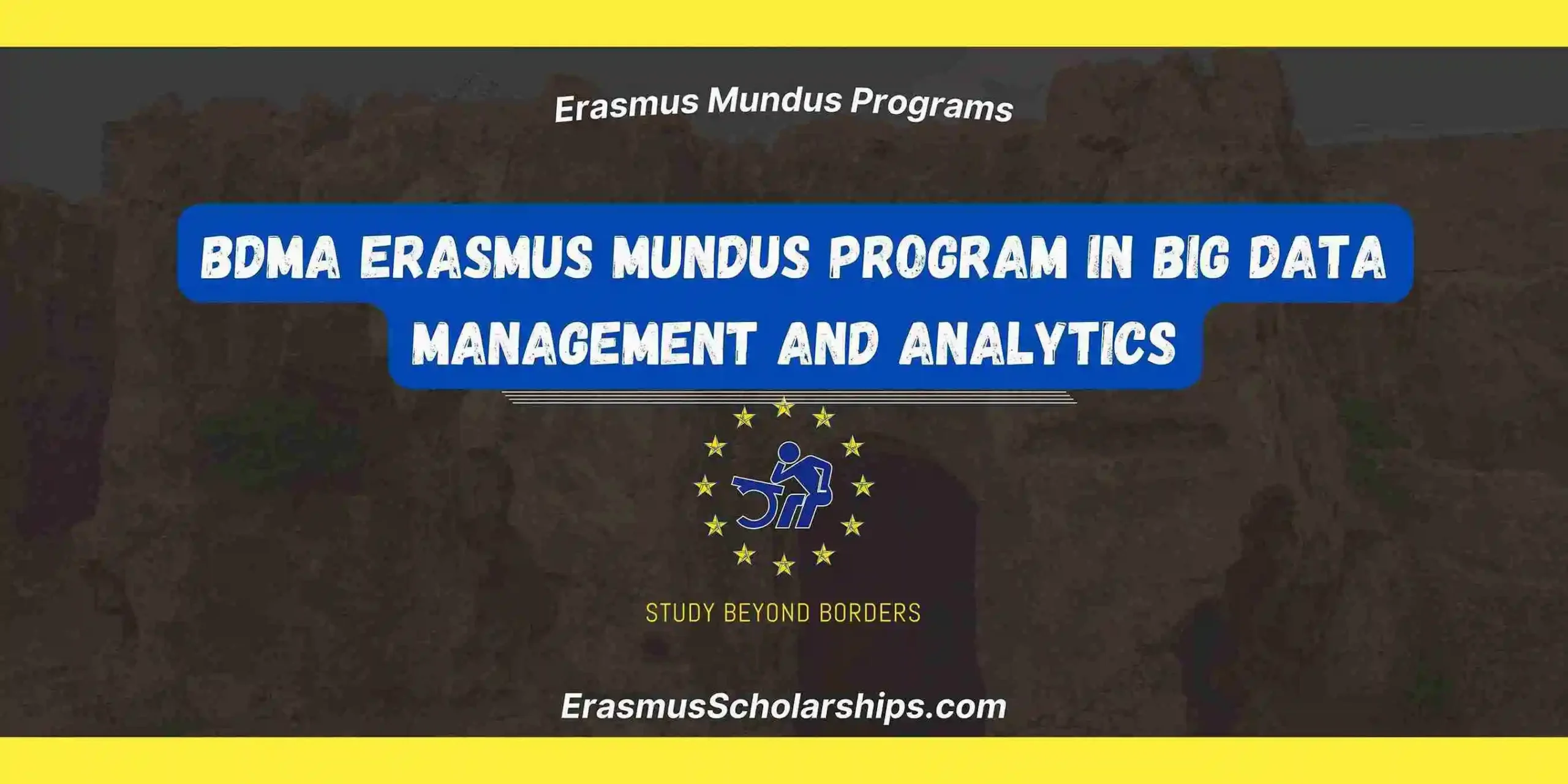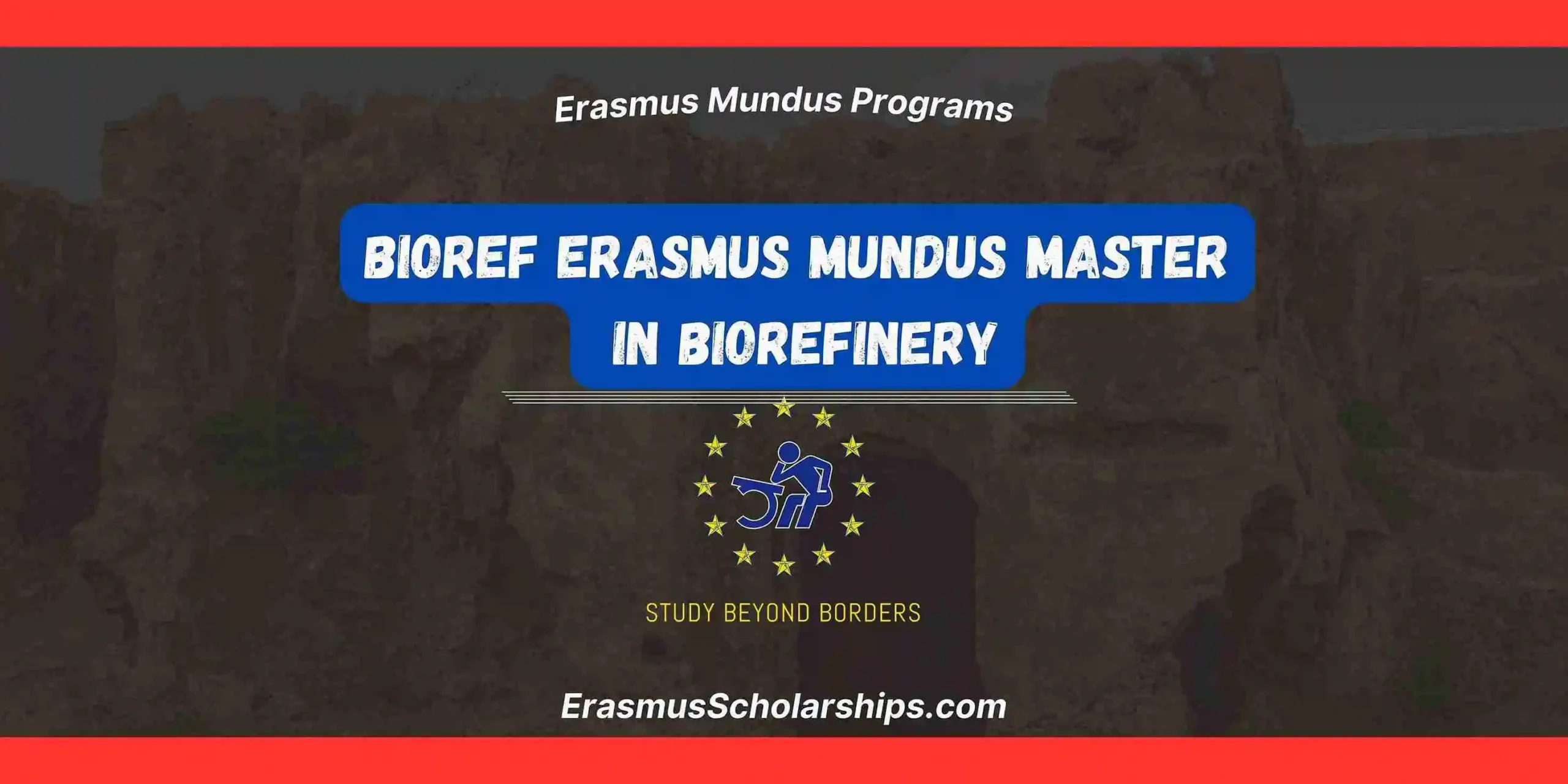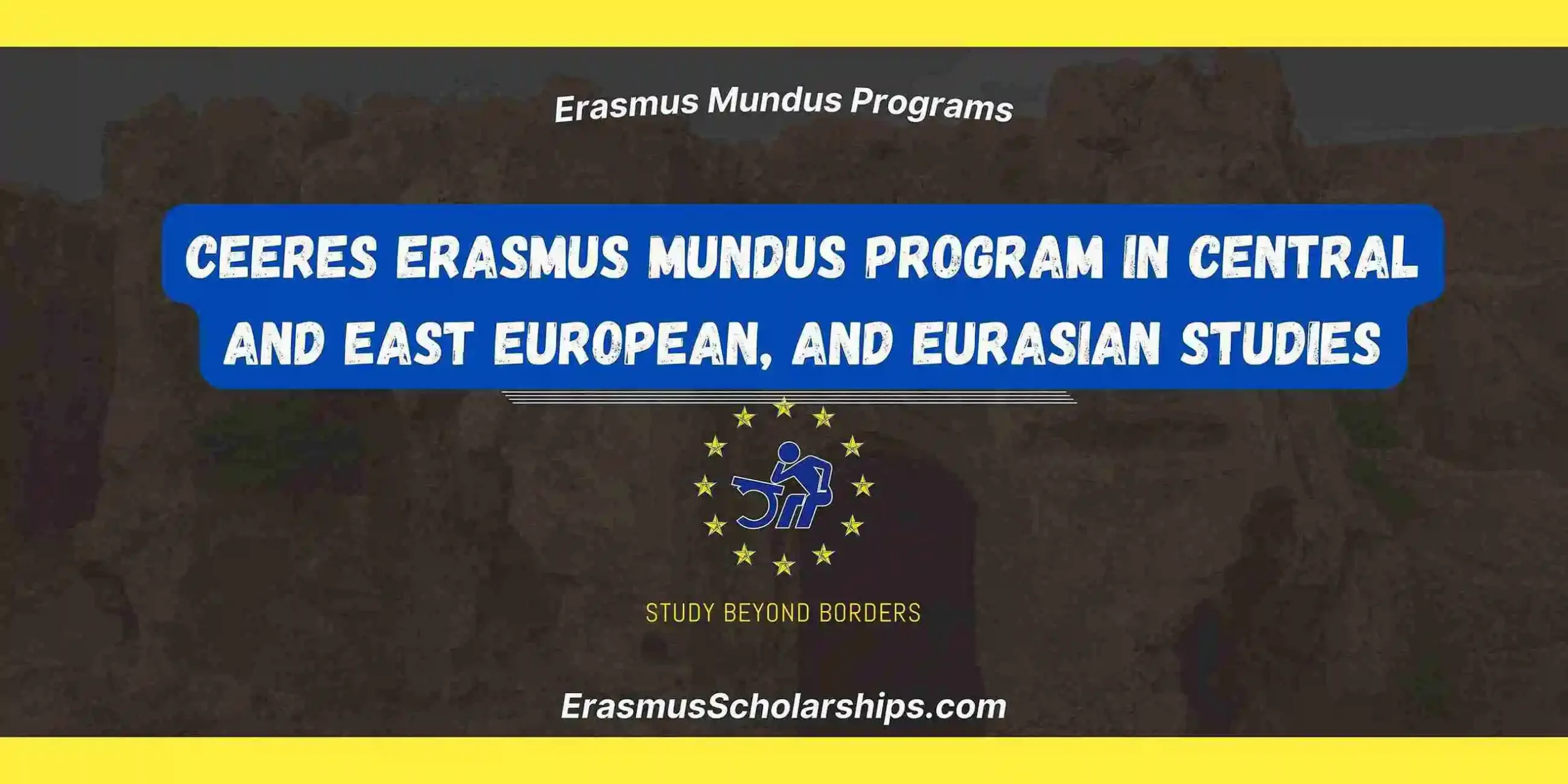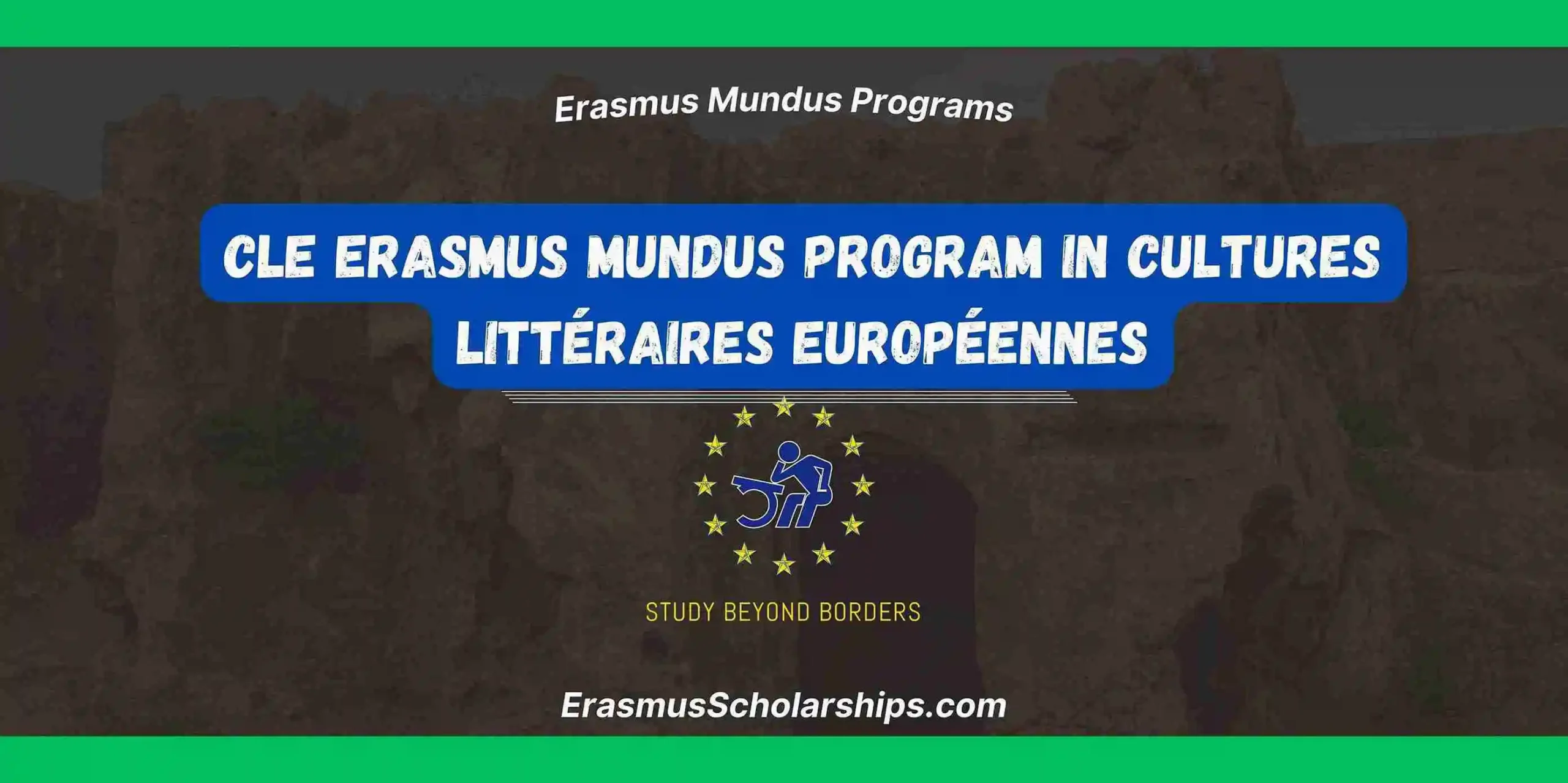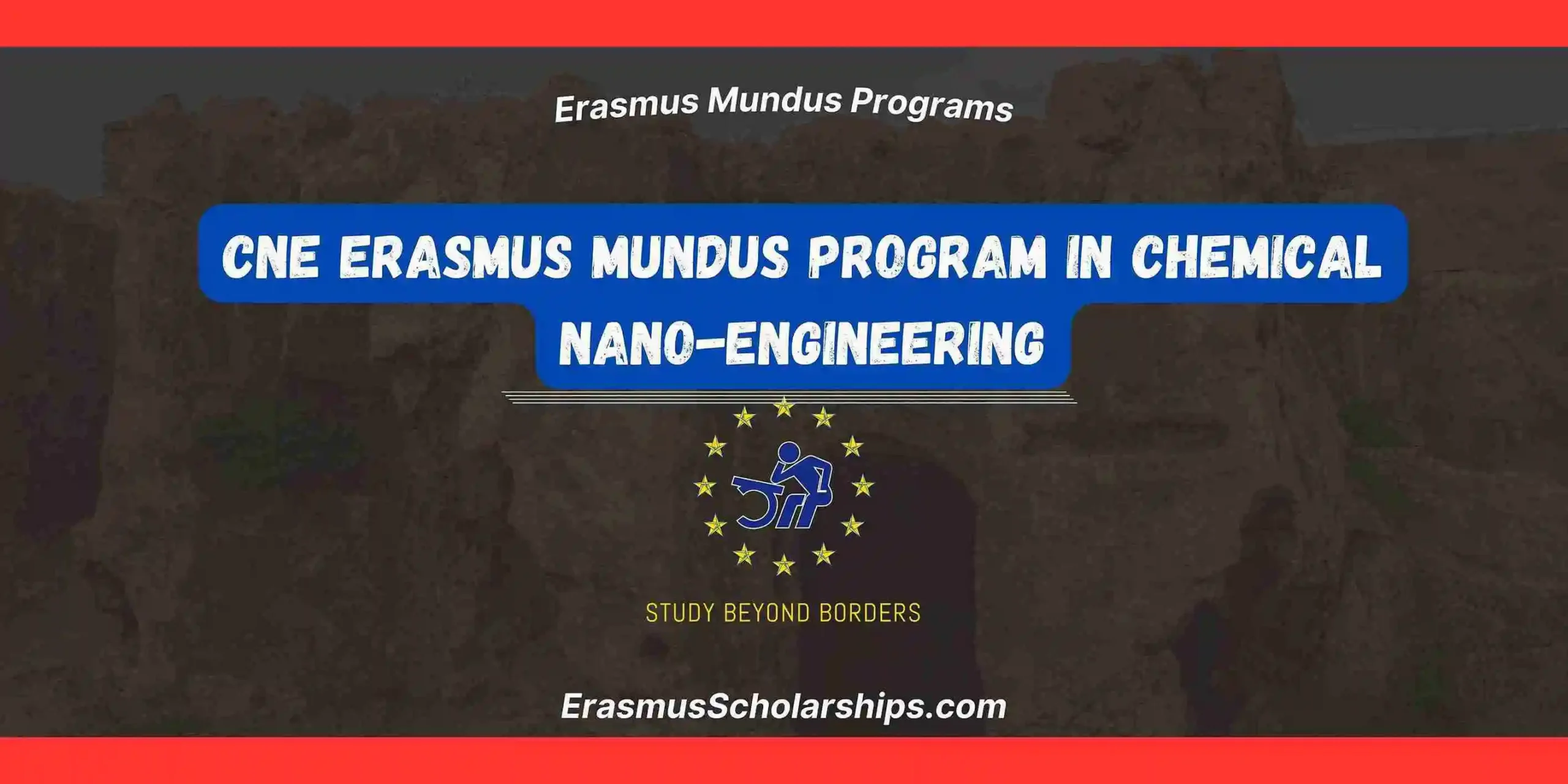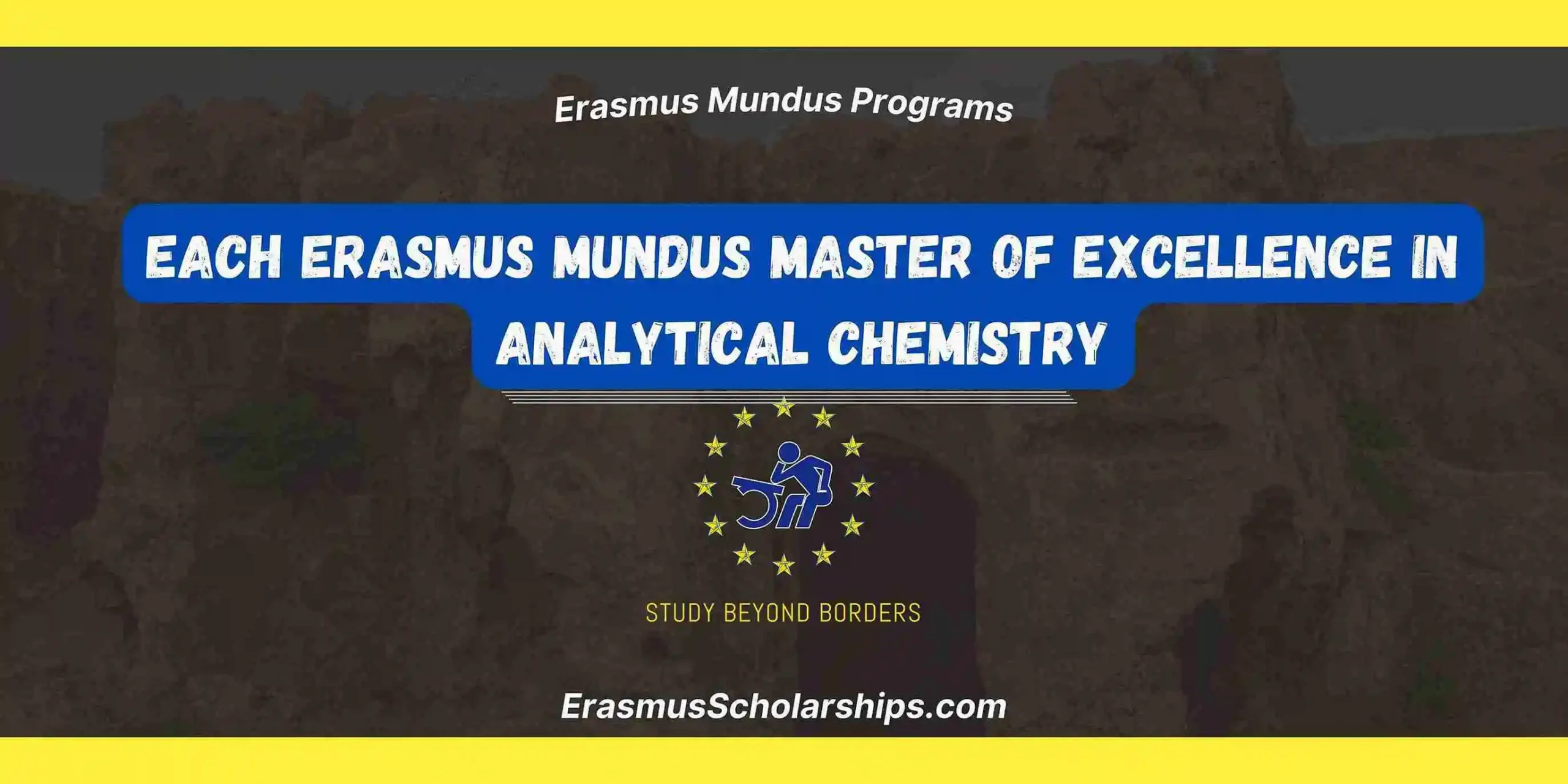The GLOCAL Erasmus Mundus (Global Markets, Local Creativities) program is an esteemed two-year international master’s degree that delves into the intricate relationship between global economic dynamics and local cultural and creative industries. Designed for students passionate about understanding how global markets influence and are influenced by local contexts, GLOCAL offers a multidisciplinary approach, combining insights from history, business, sociology, and cultural studies.
Participants in the program benefit from a unique opportunity to study at three different universities across the globe, gaining diverse perspectives and experiences. This mobility not only enhances academic learning but also fosters cultural intelligence and adaptability, skills highly valued in today’s interconnected world.
Project Status
- Status: Ongoing
- Start Date: 01-10-2024
- End Date: 30-11-2030
- Key Action: Erasmus Mundus Joint Master Degrees (EMJMD)
- Universities Involved
- Countries Involved
The GLOCAL Erasmus Mundus Masters program offers students the opportunity to study at seven top-tier universities across Europe.
| University of Glasgow |
| Erasmus University Rotterdam |
| Uppsala University |
| Universitat de Barcelona |
| Georg-August-Universität Göttingen |
| Kyoto University |
| Universidad de Los Andes |
| United Kingdom |
| Netherlands |
| Sweden |
| Spain |
| Colombia |
| Germany |
| Japan |
Additionally, the program collaborates with various associated partners and stakeholders across Europe, enhancing its international scope. This cross-border collaboration allows students to gain an international perspective while studying and researching in the heart of Europe’s academic and industrial hubs.
Description of the GLOCAL Erasmus Mundus Program
GLOCAL is an interdisciplinary program that examines the interplay between global markets and local creative economies. It provides students with a comprehensive understanding of how global economic trends impact local cultures and industries, and vice versa. Through a combination of theoretical coursework and practical experiences, students explore topics such as international business history, cultural policy, and sustainable development.
Key Features of the GLOCAL Erasmus Mundus Program
- Multidisciplinary Curriculum: Integrates perspectives from history, economics, sociology, and cultural studies.
- International Mobility: Study at three different universities across various countries.
- Joint Degrees: Earn degrees from multiple institutions upon completion.
- Internship Opportunities: Gain practical experience through internships in relevant fields.
- Language Learning: Enhance language skills pertinent to the regions of study.
Mobility Tracks of the GLOCAL Erasmus Mundus Program
Students can choose from several mobility tracks, each focusing on different thematic areas:
- Global History & Creative Industries: Glasgow, Barcelona, Rotterdam
- Global Markets & Development: Glasgow, Barcelona, Göttingen
- Sustainable Business Development: Glasgow, Barcelona, Los Andes
- Industrial Dynamics & Sustainability: Glasgow, Barcelona, Kyoto
- Institutional Change & Creative Industries: Glasgow, Uppsala, Rotterdam
- Global Political Economy: Glasgow, Uppsala, Göttingen
- Sustainability: Institutions & Management: Glasgow, Uppsala, Los Andes
Admission Requirements of GLOCAL Erasmus Mundus Program
Applicants should meet the following criteria:
- Academic Qualifications: A bachelor’s degree (or equivalent) in a relevant field such as history, economics, business, sociology, or cultural studies.
- English Proficiency: Proof of English language proficiency through standardized tests like IELTS or TOEFL.
- References: Two academic or professional references.
- Supporting Documents: CV, personal statement, and academic transcripts.
How to Apply for the GLOCAL Erasmus Mundus Program
- Online Application: Submit your application through the University of Glasgow’s online portal.
- Choose a Mobility Track: Select one of the available study tracks that aligns with your interests and career goals.
- Submit Required Documents: Upload all necessary documents, including academic transcripts, CV, personal statement, and references.
- Application Fee: Pay any applicable application fees as specified.
Tips to Win
- Tailor Your Personal Statement: Clearly articulate your interest in the program and how it aligns with your career aspirations.
- Highlight Relevant Experience: Emphasize any academic or professional experiences that relate to the themes of the program.
- Strong References: Choose referees who can provide detailed insights into your academic abilities and potential.
- Early Application: Apply well before the deadline to ensure all materials are reviewed promptly.
Application Timeline
- Scholarship Application Deadline: January 12, 2025
- Notification of Scholarship Results: April 7, 2025
- Self-Funded Application Deadline: July 25, 2025
- Program Start Date: September 2025
Curriculum Structure of GLOCAL Erasmus Mundus Program
The program spans four semesters over two years, totaling 120 ECTS credits:
- First Semester
- Second Semester
- Third Semester
- Fourth Semester
Study tracks A-G: University of Glasgow
| Course Name | ECTS |
|---|---|
| Core Courses | |
| The Globalised Economy | 10 |
| Global Varieties of Capitalism in Historical Perspective | 10 |
| Optional Courses (subject to change) | |
| Business and Government in the Global Economy | 10 |
| Development and the Global South: African Experiences since 1945 | 10 |
| Global Development, Taxation, and Finance | 10 |
| Globalisation and Labour | 10 |
| Globalisation: Critical Perspectives from the Global South | 10 |
| Globalisation and the Nation State | 10 |
| Inequalities in the Global Economy | 10 |
| Latin American Development from Independence to the Present | 10 |
| Technology Transfer in the Global Economy | 10 |
Study track H: Erasmus university Rotterdam
| Course Name | ECTS |
|---|---|
| Core Courses | |
| Doing Historical Research | 5 |
| Global Order in the Postcolonial World | 5 |
| International Relations Theory | 5 |
| The Origins of Global Order | 5 |
| Reasoning from the Past: Applied History and Welfare Policies | 5 |
| Rise of the Global City | 5 |
| Optional Courses (subject to change) | |
| International Relations Theory | 5 |
| Research Internship | 10 |
| Heritage and Fashion | 5 |
Study Track I: Georg-August-Universität Göttingen
| Course Name | Type |
|---|---|
| Global History of Marketing and Mass Consumption | Core |
| Immigrant Entrepreneurship | Core |
| Political Economy of Global Energy Markets | Core |
| Behavioural Development Economics | Optional |
| Econometrics | Optional |
| Economic Situation of Latin America in the 21st Century: Challenges of Economic Development in Latin America | Optional |
| Empirical Political Economy | Optional |
| Firms in International Trade | Optional |
| Gender and Development | Optional |
| Global Production: Firms, Contracts, and Trade Structure | Optional |
| International Human Resource Management | Optional |
| International Management | Optional |
| Macroeconomics of Open Economies | Optional |
| Poverty and Inequality | Optional |
| Politics, Society, and Culture of Europe and Beyond | Optional |
| Sustainable Development, Trade and Environment | Optional |
Study Tracks A, B, C, D, and I: Universitat de Barcelona
| Course Name | ECTS |
|---|---|
| Creative Cities: Intervention Models and Entrepreneurial Dynamics | 5 |
| Global Political Ecology | 5 |
| Political Economy of Global Energy Markets | TBD |
| Port Cities in Historical Perspective | 10 |
| Optional Courses | |
| Advanced Topics in Globalisation | TBD |
| Conflict Management in Negotiation | TBD |
| Consultancy Projects (January Tracks A – D, June Track I) | TBD |
| Doing Business in Europe | TBD |
| Entrepreneurial Ecosystems | TBD |
| Entrepreneurship in Emerging Sectors | TBD |
| History of Entrepreneurship in the World | TBD |
| Infrastructure Economics and Policy: From Nation Building to Global Linking | TBD |
| Institutional or Company Placement | TBD |
| Quantitative Analysis for International Business | TBD |
| Strategic Management Research | TBD |
| Topics in International Economics | TBD |
| Topics in International Politics | TBD |
*TBD= To be decided.
Study Tracks: E, F, G, H: Uppsala University
| Course Name | ECTS |
|---|---|
| Core Courses | |
| Sustainability of Welfare Policies in the Modern Era | 7.5 |
| Sustainability of Financial Markets in the Modern Era | 7.5 |
| Optional Courses | |
| Causes of Peace | TBD |
| Consumption and Material Culture in Early Modern Europe | TBD |
| Emerging Security Threats | TBD |
| European Integration | TBD |
| Feminist Cultural Studies | TBD |
| Gender, Power and Institutions | TBD |
| Gender, War and Peace | TBD |
| Humans, Animals and Environments | TBD |
| Internationalisation of Business | TBD |
| Modern Natures: Conflicts and Transformation | TBD |
| Refugees and Migrants in a Global Historical Perspective | TBD |
| Sustainability, Crises and Strategic Challenges in International Business | TBD |
| Sustainability of Economic Thought | TBD |
| Theoretical and Methodological Perspectives in Economic Geography | TBD |
| The Rise and Fall of the Welfare State | TBD |
Study Tracks A and E: University of Rotterdam
| Course Name | ECTS |
|---|---|
| Core Courses | |
| Creative Industries in the Global Economy | 5 |
| Doing Historical Research | 5 |
| Heritage and Fashion | 5 |
| Histories in Motion: Migration, Identity, and Urban Life | 5 |
| Rise of the Global City | 5 |
| Research Workshops (choose one) | 5 |
| Global Governance and its Discontents | 5 |
| Histories of Creativity and Innovation | 5 |
| Urban Transformations in a Globalising World | 5 |
| Port Cities and Maritime History | 5 |
| Power, Politics and Sovereignty | 5 |
| The Rise and Fall of the American Empire | 5 |
| Optional Courses (subject to change) | |
| Heritage and Fashion | 5 or 10 |
| International Relations Theory | 5 or 10 |
| Research Internship | 5 or 10 |
Study Tracks B and F: Georg-August-Universität Göttingen
| Course Name | ECTS |
|---|---|
| Core Courses | |
| Global History of Marketing and Mass Consumption | 6 |
| Immigrant Entrepreneurship | 6 |
| Topics in Globalisation (taught by Universitat de Barcelona) | 6 |
| Optional Courses | |
| Behavioural Development Economics | 6 |
| Econometrics | 6 |
| Economic Situation of Latin America in the 21st Century: Challenges of Economic Development | 6 |
| Empirical Political Economy | 6 |
| Firms in International Trade | 6 |
| Gender and Development | 6 |
| Global Production: Firms, Contracts, and Trade Structure | 6 |
| International Human Resource Management | 6 |
| International Management | 6 |
| Macroeconomics of Open Economies | 6 |
| Poverty and Inequality | 6 |
| Politics, Society, and Culture of Europe and Beyond | 6 |
| Sustainable Development, Trade and Environment | 6 |
Study Tracks C and G: Universidad de Los Andes
| Course Name | ECTS |
|---|---|
| Core Courses | |
| Entrepreneurship and Capitalism in Latin America | 10 |
| Sustainability Issues in Latin America | 10 |
| Optional Courses | |
| Consultandes – Consultancy in Environment Management | 5 |
| Management for Circular Economy | 5 |
| Sustainable Value Chains | 5 |
Study Track D: Kyoto University
| Course Name | ECTS |
|---|---|
| Core Courses | |
| Field Research on Industry Dynamics and Sustainability | 6 |
| On-site Research Training A or B | 6 |
| Economic Development and Policy in the Asia-Pacific (choose 2 of 3) | 6 |
| Industries and Global Competition (choose 2 of 3) | 6 |
| International Development Assistance Policy (choose 2 of 3) | 6 |
| Master Thesis Design | 6 |
| Optional Courses | |
| Advanced Academic Writing & Presentation | 6 |
| Critical Consumption Studies | 6 |
| Historical Approaches to Business and Economics B | 3 |
| International Agribusiness Studies | 6 |
| International Political Economy of Agriculture | 6 |
| Multiple Perspectives on Management | 3 |
| Qualitative Research Methods | 6 |
Study Tracks H and I: University of Glasgow
| Course Name | ECTS |
|---|---|
| Core Courses | |
| The Globalised Economy | 6 |
| Global Varieties of Capitalism in Historical Perspective | 6 |
| Thesis Preparation | 6 |
| Optional Courses (subject to change) | |
| Business and Government in the Global Economy | 6 |
| Development and the Global South: African Experiences since 1945 | 6 |
| Global Development, Taxation, and Finance | 6 |
| Globalisation and Labour | 6 |
| Globalisation: Critical Perspectives from the Global South | 6 |
| Globalisation and the Nation State | 6 |
| Inequalities in the Global Economy | 6 |
| Latin American Development from Independence to the Present | 6 |
| Technology Transfer in the Global Economy | 6 |
Internship/Master Thesis
| Course | Type | Area/EP | ECTS |
|---|---|---|---|
| Master Thesis | Mandatory | 30 | |
| Total | 30 |
Coordinator Contact
If you have any questions or need further guidance, reach out to the program coordinator:
Institution: University of Glasgow
Email: socpol-glocal@glasgow.ac.uk
Alumni Feedback
Here’s what past students of the GLOCAL Erasmus Mundus program have shared:
“The GLOCAL program changed the way I see the world. Studying in three countries, experiencing different cultures, and building a global network was beyond valuable.” – Emma, Cohort 2021
“The academic structure was intense and rewarding. It gave me tools to critically analyze global economic systems and their cultural consequences.” – Pedro, Cohort 2020
“My internship during the program led to a full-time job with an international NGO. The support from faculty and peers was amazing.” – Yuki, Cohort 2022
Frequently Asked Questions (FAQs)
Can I apply for GLOCAL Erasmus Mundus Program if I’m from a non-EU country?
Yes! The program is open to students from all around the world. Erasmus Mundus offers full scholarships to both EU and non-EU applicants.
Is work experience required to apply for GLOCAL Erasmus Mundus Program?
Not mandatory, but relevant academic or professional experience in areas like economics, history, or cultural studies strengthens your application.
What are the scholarship benefits in GLOCAL Erasmus Mundus Program?
The Erasmus Mundus scholarship covers tuition fees, travel costs, installation costs, and provides a monthly stipend for living expenses.
Can I apply for GLOCAL Erasmus Mundus Program without an IELTS/TOEFL score?
If your degree was taught in English and your university can provide proof of instruction medium, some exemptions may apply. Always confirm with the coordinator.
Are there part-time options in GLOCAL Erasmus Mundus Program?
No, the GLOCAL program is full-time due to the intensity and international mobility requirements.

